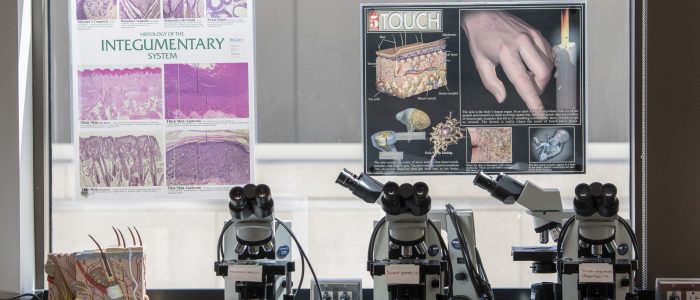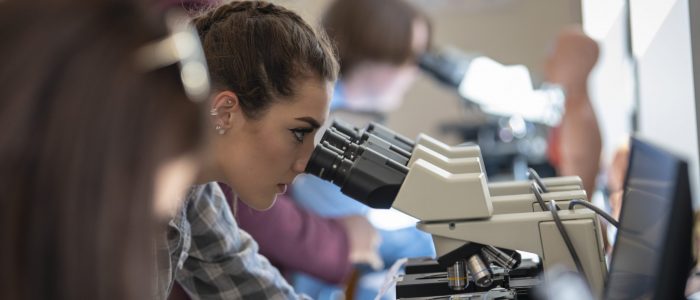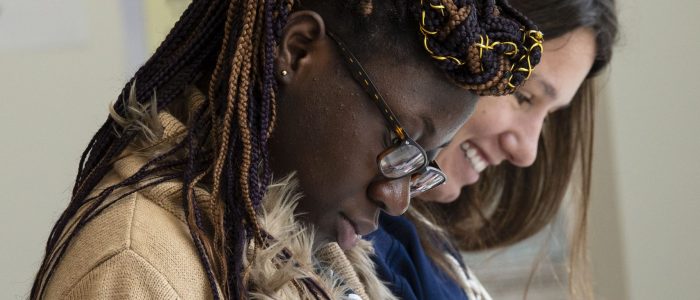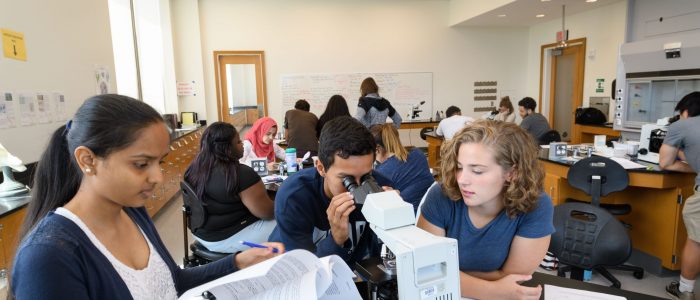Biology Students
About the B Center
The UCONN Hartford Biology Tutoring Center (the “B” Center) supports students in life science courses listed under BIOL, EEB, MCB, and PNB.
The B Center is located in HTB 205
The B Center at UCONN Hartford is a resource designed to foster student growth by offering peer-tutoring for majors (BIOL 1107, BIOL 1108), non-majors (BIOL 1102) and upper level (MCB, EEB) biology courses offered at UCONN’s Hartford campus. The B Center follows a peer-tutoring model that has been used successfully for writing courses (the W Center) and for math-intensive quantitative courses (the Q Center). The B Center is a place for students in biology courses to meet together, teach, and learn.
B Center peer tutors are students who have been successful past biology courses. If you are interested in becoming a tutor, contact us!
Weekly Schedule
| Day | Staff | Availability |
|---|---|---|
| Monday 2/2 | TBA | 11:00 AM - 1:00 PM | Tuesday 2/3 | Mohammad | 10:00 AM - 12:00 PM |
| Ty | 2:00 PM - 4:00 PM | |
| Yousef | 2:00 PM - 4:00 PM | |
| Wednesday 2/4 | Yousef | 10:00 AM - 11:00 PM & 3:00 PM - 5:00 PM |
| Mohammad | 11:00 AM - 12:00 PM | |
| Chelsea | 11:00 AM - 12:00 PM | |
| Nadine | 12:00 PM - 3:00 PM | |
| Ty | 2:00 PM - 3:00 PM | |
| Thursday 2/5 | Mohammad | 10:00 AM - 12:00 PM |
| Nadine | 1:00 PM - 4:00 PM | |
| Ty | 4:00 PM - 5:00 PM | |
| Yousef | 4:00 PM - 5:00 PM | |
| Friday 2/6 | Closed |






